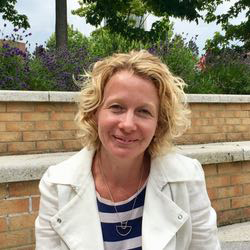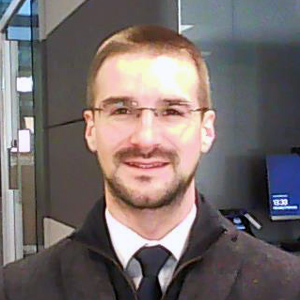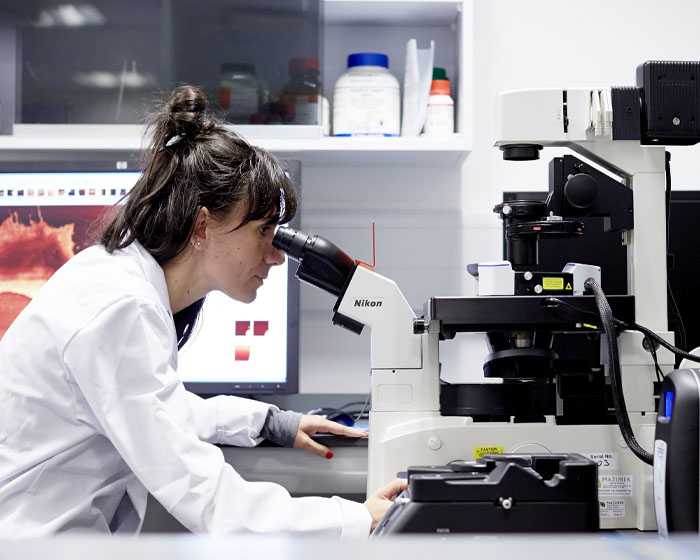The Lifeguard Pharmacy Service
Community pharmacies offer local populations a direct link to healthcare, providing vital support to people and helping ease pressure on GP waiting rooms. They dispense prescriptions and give advice on general health and medicine on a walk-in basis. However, most community pharmacies do not have an adequate provision for signposting those in crisis.
With mental health service referrals at an all-time high in the wake of the Covid-19 pandemic, ensuring that there is an adequate provision to support our emotional, mental, and social health is paramount. A key challenge is making sure that people who need access to these services are signposted correctly for their needs, some of which are of a particularly sensitive nature.
A community mental health service led by researchers at the University of Lincoln, which offered in-person aid to those experiencing issues such as suicidal thoughts and/or domestic abuse, has been successfully piloted in selected Co-op pharmacies across Lincolnshire over a six-month period. Called Lifeguard Pharmacy, the response scheme, which also included researchers from the Universities of Nottingham, York, and King’s College London, is now helping to pave the way for pharmacies throughout the UK, encouraging them provide so much more than access to medicines and prescriptions.

/prod01/university-of-lincoln-cdn-pxl/media/responsive2017/research/newresearch/Pharmacy,feature,banner,1600X600.jpg )




